by Bridget Donohue
Early on in the novel No Country for Old Men Cormac McCarthy sets a viscerally terrifying scene in a rundown gas station just south of the Pecos River in Sheffield, Texas. Anton Chigurh is a merciless hitman on the hunt to recover two million dollars from a heroin deal gone bad. He wanders into the gas station, buys a package of nuts, opens it with his teeth and while nibbling on the cashews, begins a dialogue with an unsuspecting proprietor that quickly shifts a mundane conversation about the weather, forcing it to a moment of decision about the proprietor’s own imminent fate. A coin toss will determine if the proprietor lives or dies:
Chigurh took a twenty-five cent piece from his pocket and flipped it spinning into the bluish glare of the fluorescent lights overhead. He caught it and slapped it onto the back of his forearm just above the bloody wrappings. Call it, he said.
Call it?
Yes.
For what?
Just call it.
Well I need to know what it is we’re callin here.
How would that change anything?
The man looked at Chigurh’s eyes for the first time. Blue as lapis. At once glistening and totally opaque. Like wet stones. You need to call it, Chigurh said. I cant call it for you. It wouldnt be fair. It wouldnt even be right. Just call it.
I didnt put nothin up.
Yes you did. You’ve been putting it up your whole life. You just didnt know it. You know what the date is on this coin?
No.
It’s nineteen fifty-eight. It’s been traveling twenty-two years to get here. And now it’s here. And I’m here. And I’ve got my hand over it. And it’s either heads or tails. And you have to say. Call it.
I dont know what it is I stand to win.
In the blue light the man’s face was beaded thinly with sweat. He licked his upper lip.
You stand to win everything, Chigurh said. Everything.
You aint makin any sense, mister.
Call it.
Heads then.
Chigurh uncovered the coin. He turned his arm slightly for the man to see. Well done, he said.
Chigurh then advises the proprietor not to allow the coin to get lost among other coins. “Things you don’t notice,” he says, can be an instrument. “And then one day there’s an accounting” – a reckoning of sorts. “And after that nothing is the same.” Chigurh exits the gas station as casually as he entered, leaving the proprietor with his hands on the counter, his head bent over the coin.
Recently as I was studying the role of John the Baptist in the gospels, McCarthy’s gas station scene played out vividly in my mind. The similarities are striking. John the Baptist is no Chigurh, to be sure. In fact, quite the opposite. Still, John’s “preparing a way for the Lord” can be seen as a stark “call it” moment for those who came to be baptized by him.
When John saw many of the Pharisees and Sadducees coming to the Jordan River to be baptized he fiercely upbraided them:
You brood of vipers! Who warned you to flee from the coming wrath? Produce fruit in keeping with repentance. And do not think you can say to yourselves, ‘We have Abraham as our father.’ I tell you that out of these stones God can raise up children of Abraham. The ax is already at the root of the trees, and every tree that does not produce good fruit will be cut down and thrown into the fire. “I baptize you with water for repentance. But after me comes one who is more powerful than I, whose sandals I am not worthy to carry. He will baptize you with the Holy Spirit and fire. His winnowing fork is in his hand, and he will clear the threshing floor, gathering his wheat into the barn and burning up the chaff with unquenchable fire.
Matthew 3:7-12
The accusations John hurls at the Pharisees and Sadducees call them to account for how they live and who they are at the core of their identity. The “brood of vipers” image must have resonated deeply with them. Perhaps some thought of the snake in the Garden of Eden. Or, perhaps what came to mind was the ancient understanding that vipers were born by hatching inside their mother, then gnawing their way through their wombs – killing their mother in the process. The first indictment points to a fatal lack of understanding of whose family they belong to (“You are a family of snakes and the devil is your father!”) and the second accuses them of murdering their own parents. In both cases, their hatred for their real Father is exposed, leaving these religious leaders offended and shamefaced.
Is this fair of John the Baptist? Is he not going just a little too far with his severe castigation when all these religious leaders did was to come out to receive baptism?
Chigurh would say it’s more than fair. They’ve been putting it up their whole lives.
In fact, these religious leaders had a history of forgetting who they were and what their mission was – from the time of the Exodus when they would not recognize the provisions of their own God, to the kingship era when the prophet Jeremiah accused them of treating the temple as a den of robbers, right up to this encounter with Jesus, their encrusted hearts impenetrable even by God himself. Jesus exposes the condition of the hearts of those who have been “putting it up their whole lives” in his judgment against Israel’s temple elites:
Woe to you, teachers of the law and Pharisees, you hypocrites! You are like whitewashed tombs, which look beautiful on the outside but on the inside are full of the bones of the dead and everything unclean. In the same way, on the outside you appear to people as righteous but on the inside you are full of hypocrisy and wickedness.
Matthew 23:27-28
No, this is more than fair. The way has been prepared. The mountains have been made low and the valleys leveled. This is the great and terrible day of reckoning. The coin toss is done. We are just waiting for Chigurh to lift his hand from his bloody arm so we can see the fate of the Pharisees and the Sadducees. Will they receive the baptism of repentance and cast off their own sordid history, so that with hearts of flesh they can receive Jesus’ baptism of the Holy Spirit?
“Go ahead Pharisees and Sadducees,” John was saying, “Call it.”
You stand to win everything. Everything.
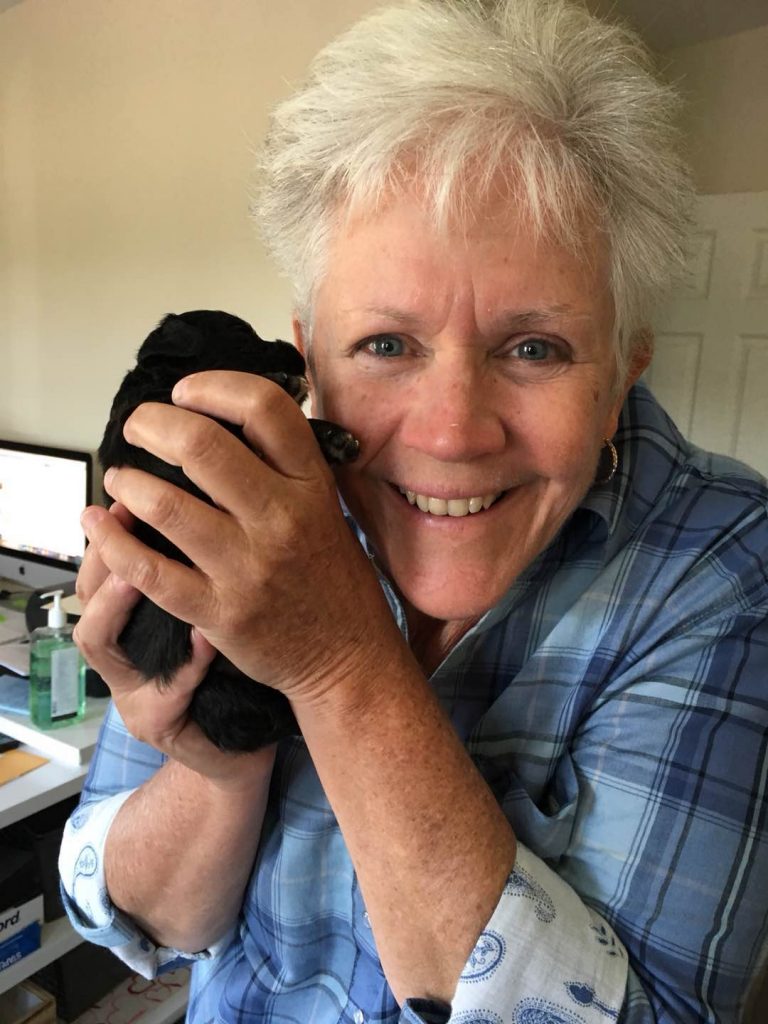
Bridget Donohue has been leading high school students in Scripture seminars for over 30 years. In her spare time, she enjoys simple yet elegant cooking, lots of hiking (Oregon’s Dog Mountain was a challenge), periodic snowshoeing in piles of lake-effect snow, biking the lonely Amish country roads of northern Indiana and horsing around with her puppy, Miss Maudie. She is the managing editor of Veritas Journal.
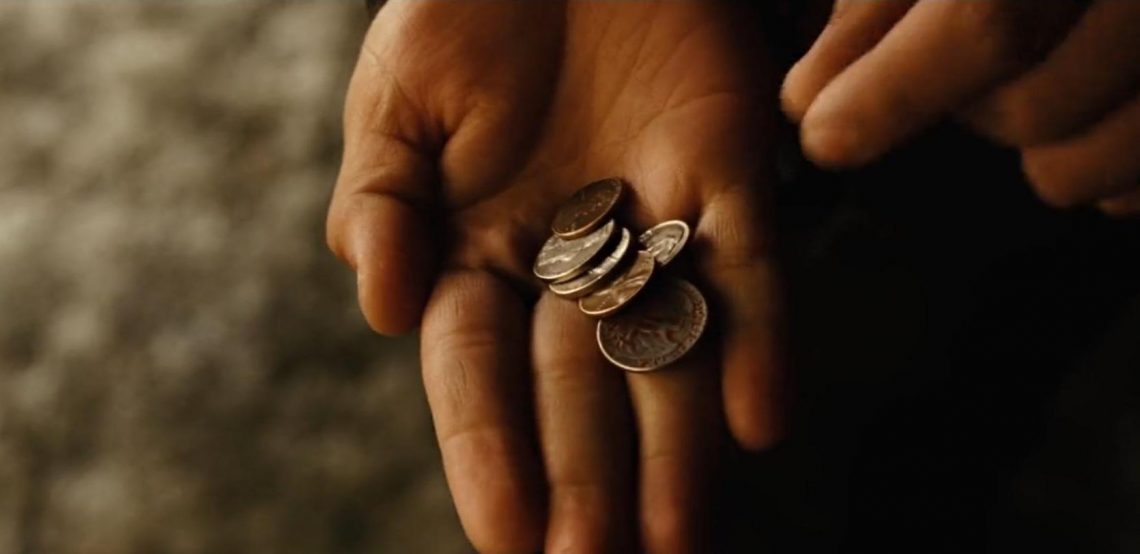


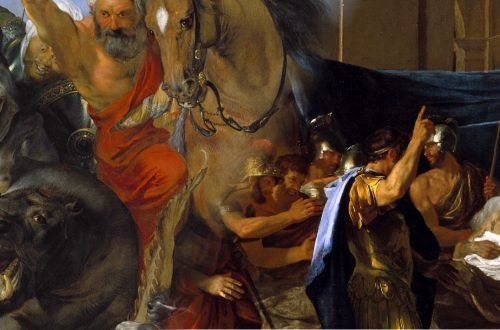
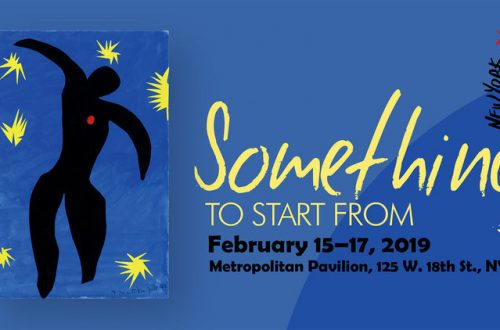
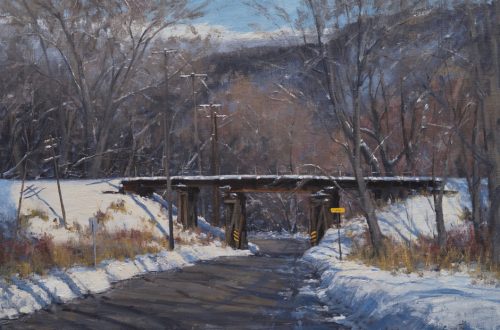
One Comment
Krista Slagle
Thank you for this post, Bridget. I loved the reflection on, “You’ve been putting it up your whole life,”
Best, Krista Slagle